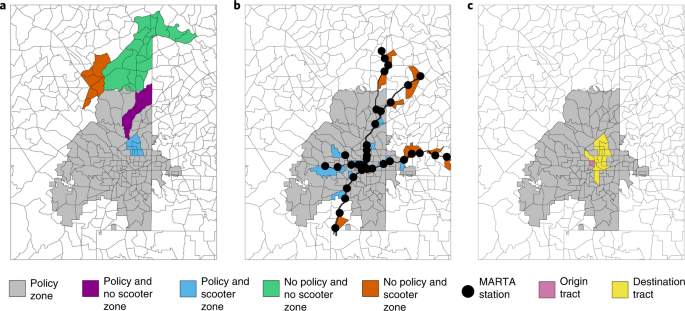2022-11-29 ペンシルベニア州立大学(PennState)
建物の再生可能エネルギー利用を最適化する計算モデルは存在しますが、最適化する必要のある建物の数が増えるにつれて弱体化する傾向があると、パヴラック氏は言います。Pavlak氏とその共同研究者たちは、現実的な運用環境で大規模な建物群とそのエネルギー需要を制御するために、特に拡張性のあるモデルを開発しました。彼らは、そのアプローチをJournal of Energy Storage誌に発表しました。
- <関連情報>
- https://www.psu.edu/news/research/story/scalable-model-makes-more-efficient-smarter-grid-use-researchers-report/
- https://www.sciencedirect.com/science/article/abs/pii/S2352152X22004297
平滑化分散低減加速勾配法による建物蓄熱ポートフォリオの不確実性を考慮した最適ディスパッチ法。 Uncertainty-aware optimal dispatch of building thermal storage portfolios via smoothed variance-reduced accelerated gradient methods
Min GyungYu Gregory S.Pavlak Uday V.Shanbhag
Received 31 December 2021, Revised 26 February 2022, Accepted 9 March 2022, Available online 19 April 2022, Version of Record 19 April 2022.https://doi.org/10.1016/j.est.2022.104405

Abstract
The rapid penetration of uncertain renewable energy resources into the power grid has made generation planning and real-time power balancing a challenge, prompting the need for advanced control on the demand-side. Although a grid-integrated building portfolio has been studied by coordinating building-level flexible energy resources, to reap further benefits, the need to develop a scalable supervisory control framework with computational efficiency is paramount. In this work, we introduce an uncertainty-aware transactive control framework for a large-scale building portfolio with thermal energy storage (TES) using a decomposition-based approach. We propose a day-ahead decision making framework for the power procurement problem, which is cast as a two-stage stochastic optimization problem. To solve this problem, we propose a smoothed variance-reduced accelerated gradient method. Notably this framework allows for parallelization in computing the sampled gradient. Preliminary numerics demonstrate the scalability and computational efficiency of the proposed algorithm to apply to the control framework with respect to the existing algorithm. Substantial energy cost savings were observed for the stochastic control framework over all the validation scenarios. This study provides further insights into the supervisory controller development for building portfolio-based grid services that can help advance electrification goals through coordination of energy storage assets.



